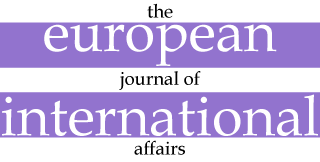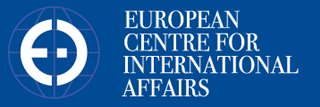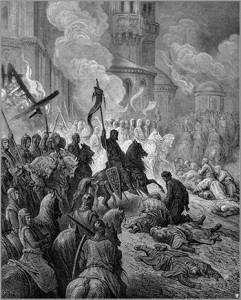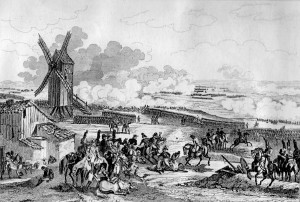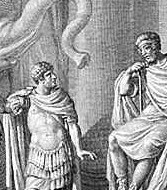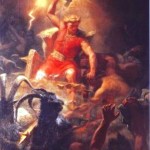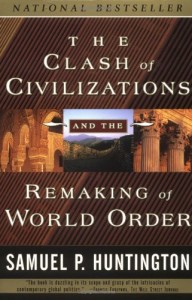Building through the Crisis
Euro and Helmut Kohl’s Legacy
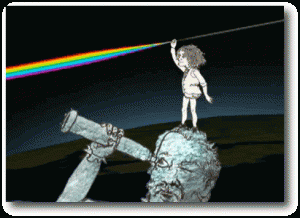
Seeing further?
A very prestigious British newspaper has recently praised former Chancellor Helmut Kohl’s “capacity to think further ahead than any of his rivals” (Merkel’s nail-biter, in Financial Times, June 28, 2010). Very appropriately in a moment when, faced with the crisis brought on by the near bankruptcy of Greece, many present-day politicians and commentators appear possessed by the urge to invoke profound lessons from the alleged mistakes made by the founders of the “Maastricht order”, in giving life to the single currency without first having brought into being political Europe.
One might wonder whether they are not being somewhat unfair and ungrateful towards the leaders who ruled Europe towards the end of the 20th century. Or, and this is more serious, whether the citizens of the Eurozone, confronted with the crisis pervading western societies, are in such a panic, they have lost all memory and capacity to place current problems in historical perspective.
In order to explain the cumulative nature of science, Bernard de Chartres, (12th century) suggested the metaphor of pygmies seated on the shoulders of giants, who see further than the giants themselves (Nani Gigantum humeris insidentes plus quam ipsi Gigantes vident). As citizens of the Eurozone we too ride on the shoulders of giants from the past, giants such as Helmut Kohl. But, unfortunately, we can’t see very far. Probably because at the strange beginning of this millennium we do not have even one hundredth of the political passion which characterised the two preceding centuries. […]
